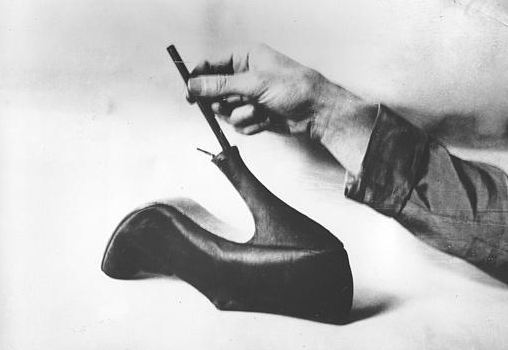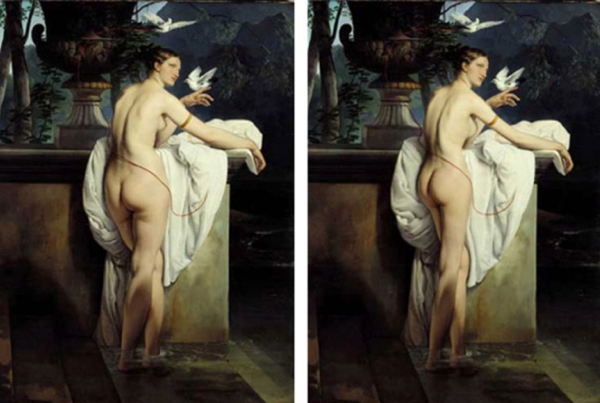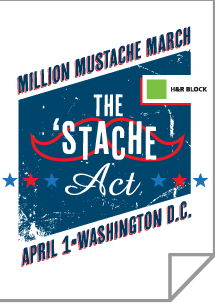Should disclaimers be required for photoshopped ads? —
Rep. Katie Hobbs has introduced a bill into the Arizona state legislature that would require advertisers to put the following disclaimer on advertisements if the image in the ad was "photoshopped" (link:
zacentral.com):
"Postproduction techniques were made to alter the appearance in this advertisement. When using this product, similar results may not be achieved."
Similar legislation has been introduced in the UK and France, its purpose being to try to counteract the social pressure on people, particularly young girls, to feel the need to look perfect -- to remind them that the way models look in ads isn't reality.
The problem, of course, is that every ad nowadays uses digital enhancements of some kind to improve pictures. So every ad would have to carry the disclaimer, muting its effect.
Also, why focus on post-production techniques, when pre-production techniques (lighting, focus, makeup) can be just as deceptive?
But having said that, I do sympathize with the spirit of the legislation. If a company says that their product can remove wrinkles or blemishes, and they show a picture of a model with perfect skin, it does seem deceptive if that model's face was made perfectly smooth by photoshop, not by use of the product.
It's the old problem that was raised in the
Sandpaper Test case back in the early 1960s. When does the use of photographic tricks by advertisers cross the line from enhancement of a product to outright deception?





 Two days ago Boing Boing posted about the discovery of a pair of 116-year-old basketball shoes:
Two days ago Boing Boing posted about the discovery of a pair of 116-year-old basketball shoes:


 A quick and easy solution to hair loss: Kotula's FlairHair visor.
A quick and easy solution to hair loss: Kotula's FlairHair visor.